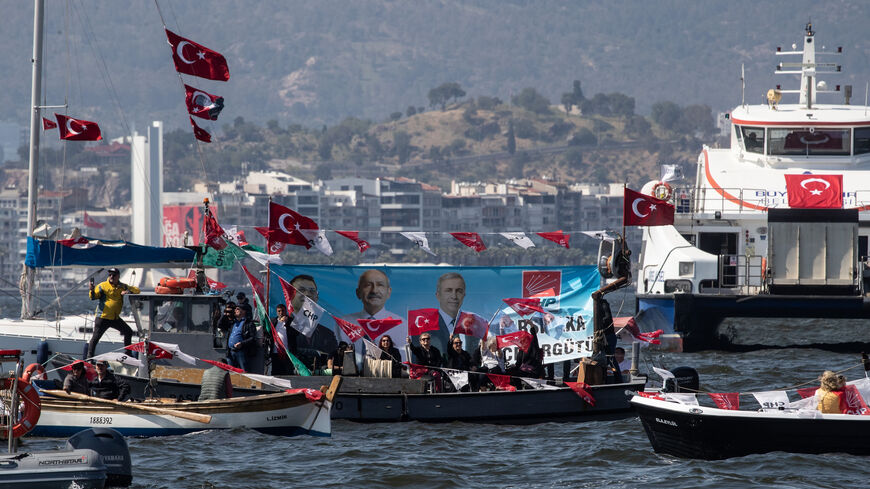Israeli officials have not been commenting on the upcoming elections in Turkey in an effort to prevent the recent rapprochement between the countries from becoming an electoral issue there.
The Israeli government seems to fear that a public discussion in Turkey on their relations at this point would force the competing sides to take positions.
Incumbent President Recep Tayyip Erdogan shifted policies three years ago, leading a rehabilitation of ties with Israel after more than a decade of hostilities and bombastic rhetoric on Israel. Still, if challenged by his opponents on the Palestinian issue just before election day on Sunday, Erdogan could make declarations he will later find difficult to back away from. If the opposition wins, it may not backtrack on rapprochement with Israel, but might very well emerge as much more critical of the Israeli government.
Over the years, Turkey’s opposition leader Kemal Kilicdaroglu has made several statements concerning Israel.
In 2011 the United Nations Palmer report on the Mavi Marmara incident, in which nine Turkish nationals on a boat trying to break the Gaza blockade were killed by IDF fire, criticized Israeli forces for using excessive force. In reaction, Erdogan expelled the Israeli ambassador and downgraded diplomatic ties with Israel. Kilicdaroglu criticized Ankara's decision to downgrade its diplomatic relations with Israel. "No good can come of it and there is no need for us to risk our interest with petty actions," he said.
Judging by other statements, it seems that Kilicdaroglu’s 2011 declaration was essentially criticism of Erdogan, and not a positive signal toward Israel. After US President Donald Trump's 2017 recognition of Jerusalem as Israel’s capital, Kilicdaroglu then a member of parliament, called on Erdogan to sever ties with Israel. "If you want to sever ties, then go ahead. We are backing you," said Kilicdaroglu.
In June 2022, three months after Israeli President Isaac Herzog visited Ankara and met with Erdogan, Kilicdaroglu visited the family of one of the people killed aboard the Mavi Marmara. “Martyring [Turkish] citizens in international waters comes at a price. My message to Israel is that this issue is not closed for us yet,” he tweeted after the visit.
But despite these declarations, Kilicdaroglu's Israel policy is still unclear. Israel is also concerned about some of Kilicdaroglu’s Nation Alliance partners. Future Party leader Ahmet Davutoglu had been against the rehabilitation of ties with Israel and has a complex relationship with the country. Felicity leader Temel Karamollaoglu is fervently opposed to rapprochement with Israel. On several occasions, he has slammed Erdogan for toning down his criticism of Israeli operations on the Gaza border, accusing him of betraying the Palestinian cause.
No one in Israel seems to consider Erdogan a true ally, but Israeli diplomats expect him to continue the normalization process if he wins reelection. Similarly, Kilicdaroglu might toe the same line if he wins, if only to avoid confrontation with Washington and serve the economic interest of Turkey.
Israeli tourists have long been fond of Turkish vacation destinations and are increasingly returning to Turkey. Trade between the countries has also been growing since the rapprochement in several domains. According to the United Nations' COMTRADE database on international trade, Israel’s exports to Turkey in 2022 amounted to $2.36 billion, while Turkish exports to Israel that year reached $7.03 billion.
Just as an example, last year the Turkish conglomerate Sabanci Group bought a majority stake in the Israeli cybersecurity company Radiflow for $45 million. Last Wednesday, the group’s strategy and business development president told The Times Of Israel he sees more opportunities for tech investment and collaboration between the two countries.








